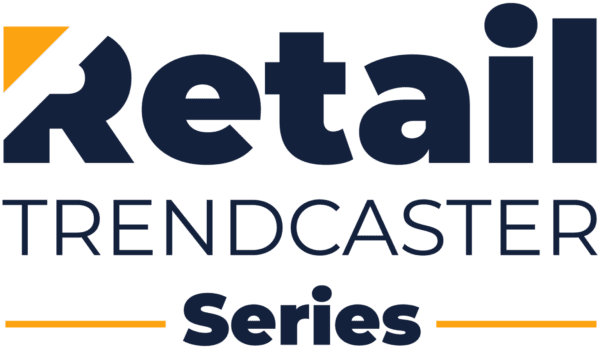Retail markets move fast, especially now that many, if not all, major retailers are betting big on emphasizing ecommerce over physical locations. As part of this push, the once-reviled practice of data scraping and aggregation has become a pivotal tool for retailers. Long considered an industry secret, data scraping has grown into a mature industry, while the real-time information it provides enables major companies to remain price competitive, identify fraudulent sellers of products and provide a more seamless, customer-centric shopping experience.
But let’s first explain what we mean by data scraping. The term has gained a pejorative connotation, but when performed ethically — something we’ll get to in just a bit — data scraping collects information that is publicly available, but completely unstructured and scattered across the Internet. It’s not at all simple to collect, and it’s constantly changing.
Pricing, for instance, evolves rapidly, and for some products, information that’s even just a couple of days old may no longer be useful. Brands need scraped data to identify and shut down unauthorized sellers and to ensure sellers are complying with minimum advertised price (MAP) agreements.
Even physical retailers benefit from data scraping. For instance, if a retailer is looking to expand, they will want to understand what regions of the country are poised to experience strong growth, and that means they’ll need information on public permits for construction projects, new cell towers and other growth indicators. This information is publicly available, but often it’s buried in unstructured documents that are cumbersome to access. Scraping enables growth-minded retailers to gather that information quickly and efficiently.
Advertisement
Collecting all this data manually would be an impossible task. It must be automated. And in the beginning, it wasn’t necessarily difficult to do; a simple HTML bot could accomplish this task. However, organizations quickly became protective of their data, for competitive reasons and because unethical scrapers were hurting their websites’ performance.
Scraping is no Longer Simple
Google recently provided the industry with an excellent example of how sophisticated scraping operations must be in order to gather the information retailers need efficiently. In January, Google implemented sophisticated anti-scraping countermeasures to prevent the collection of data from search engine results pages (SERPs), data that plays a vital role in enabling retail marketers to measure their sites’ performance for search engine rankings and search engine optimization (SEO). As a result of Google’s countermeasures, not only were HTML scrapers unable to gather data, even well-known, established SEO tools such as SEMrush saw global outages.
At the forefront of these changes is Google’s mandatory JavaScript requirement for search results, which has effectively rendered traditional HTML-based scrapers obsolete. Simple HTTP requests no longer suffice in an environment where content is dynamically generated through JavaScript execution. Google’s enhanced anti-scraping measures, including IP blocks, CAPTCHAs and sophisticated anti-bot systems have created formidable barriers for even established SEO tracking providers.
Sophisticated Anti-Scraping Measures Require Sophisticated Scraping Technologies
And this is just one example. The technical complexity of modern web scraping has increased exponentially. To survive in this new landscape, scraping operations must undergo a fundamental transformation. Success now demands advanced JavaScript execution capabilities and rapid adaptation to new countermeasures. Engineering teams must maintain increasingly complex infrastructure and implement sophisticated proxy management systems. This evolution comes with substantial costs, requiring significant investments in expanded proxy networks and computing resources.
Additionally, mature data scraping must follow ethical and regulatory guidelines. Scrapers must minimize the load they place on websites when they’re collecting information — too much load and scraping bots can essentially cause a distributed denial of service (DDOS) attack. Finally, scrapers must absolutely, without exception, comply with privacy regulations, such as the California Consumer Privacy Act (CCPA) and the EU’s General Data Protection Regulation (GDPR).
The rising complexity of web scraping has effectively transformed it into a specialized technology sector. This professionalization marks a pivotal shift as small-scale operations and in-house scraping efforts struggle to keep pace with evolving countermeasures. The industry appears headed toward consolidation, with market dominance likely to concentrate among a select few players capable of sustaining the necessary infrastructure and technical expertise.
Looking ahead, the future belongs to companies that can make substantial investments in flexible, robust infrastructure while developing specialized technical capabilities. This consolidation mirrors patterns seen in other technology sectors, where increasing complexity naturally leads to market concentration among the most capable providers.
Despite these challenges, web scraping remains an essential service for businesses requiring critical data. While the landscape evolves rapidly in response to new countermeasures, the fundamental need for data collection persists. The industry’s transformation reflects a broader trend in technology, where increasing complexity drives specialization and consolidation.
As web scraping becomes more sophisticated, the sector will likely reach a new equilibrium, characterized by fewer but more capable providers offering reliable, advanced solutions for public data collection and analysis.
Rochelle Thielen is the CEO of Traject Data, where she champions the vital role of data aggregation in driving transformative advancements in AI, machine learning and software development. With a distinguished background in private equity and venture-backed SaaS leadership, Thielen brings a blend of quality-driven precision and agile innovation to the table, setting new benchmarks in the industry. Her extensive expertise spans data solutions across various sectors, including automotive, insurance, logistics and marketplaces. Based in Los Angeles, she enjoys hiking and skiing in her downtime, embracing the vibrant outdoor lifestyle of her city.






